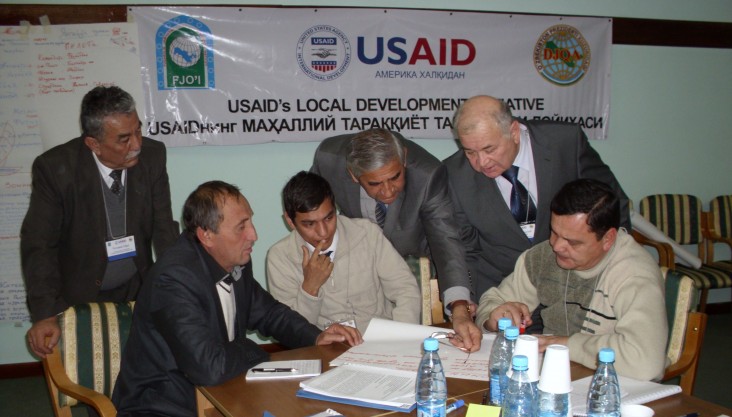
Uzbekistan has been governed by the same leadership since before the end of the Soviet Union. USAID has cautiously engaged with civil society and Uzbek government counterparts, to promote an increase in civil society engagement, openness in government operations, and parliamentary oversight.
USAID helps civil society leaders engage the government on critical issues and strengthens organizations that champion women’s issues, disabled rights, and the environment. Our work with local government officials has improved the delivery of local services and increased citizen participation in community decision-making.
USAID is expanding activities to implement new laws designed to strengthen public participation, improve access to public information and promote partnerships between civil society and government. This will allow civil society programs to pursue improvements to the legal framework in Uzbekistan, such as reducing administrative penalties and allowing organizations to use the same simplified tax rules that are applied to small businesses.
Results:
- USAID has provided technical assistance with the drafting of new laws on government transparency and public monitoring of executive body functions. USAID provided training to over 250 local government officials to help them provide better services to citizens, particularly through improving budgeting, fee collection and strategic planning in order to regularize trash collection and ensure availability of potable water.
- USAID has fostered robust cooperation between the government and civil society in both the fight against human trafficking and the rehabilitation of survivors of trafficking. Our anti-trafficking assistance has helped more than 3,000 survivors return to their communities and rebuild their lives. As a result, the Government of Uzbekistan has led the first criminal prosecutions of traffickers in the country’s history, and the first rehabilitation shelters for survivors have been opened.








Comment
Make a general inquiry or suggest an improvement.